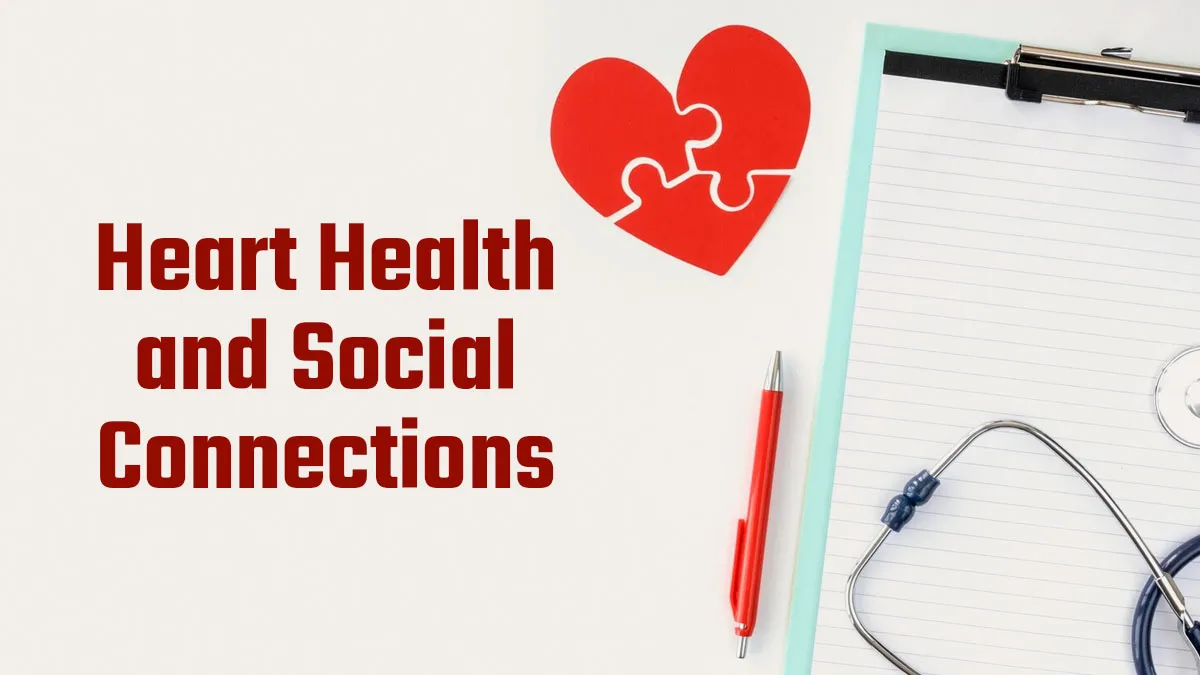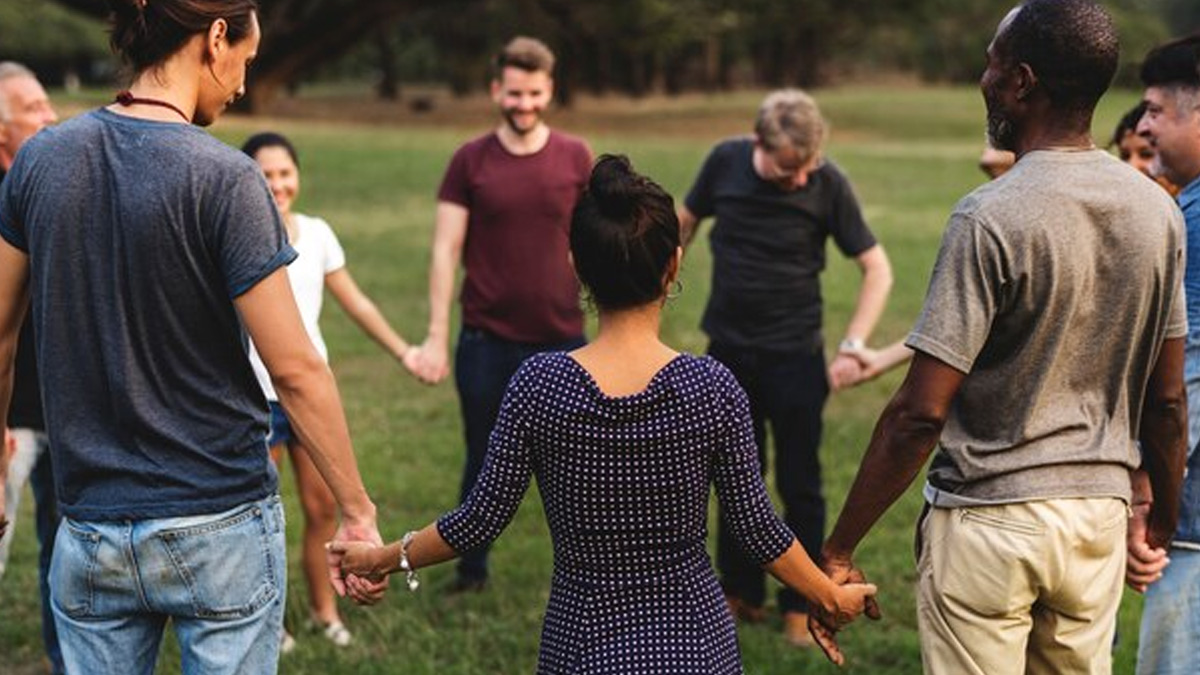
In the race to achieve professional milestones and personal achievement, one important element of health tends to fall behind - our relationships. While we religiously track what we eat, make time for exercise, and schedule regular check-ups, we forget something equally vital for heart health: human connection. Social isolation and loneliness can raise the risk of heart disease; hence, building strong relationships is essential for healthy heart function.
Table of Content:-
We spoke to Dr Johann Christopher, Consultant - Interventional Cardiology, CARE Hospitals, Banjara Hills, Hyderabad, to understand why staying socially connected is essential for heart health.
The Hidden Dangers of Social Isolation

Globally, social isolation and loneliness have become rising medical concerns for society. Research shows that those who suffer from persistent loneliness are more likely to get hypertension, increased inflammation, and other cardiovascular problems. According to the BMJ Journal, social isolation increases the risk of coronary artery disease by 29% and stroke by 32%.
"Loneliness has a significant physiological effect on the heart. When someone feels alienated, the body's stress response is enhanced and cortisol, a hormone connected to inflammation and increased blood pressure is released in excess. This causes arteries to harden over time and raise vulnerability to heart disease," said Dr Christopher.
On the other hand, maintaining close social connections has been found to decrease stress, promote healthier lifestyle habits, and improve overall cardiovascular health. Socialising with friends, family, and neighbours supports emotional well-being, decreases blood pressure, reduces inflammation, and lowers the risk of heart disease.
Also Read: What Is Heart Age? Expert Explains Psychological and Chronological Differences

Those who have valuable relationships often have lower rates of heart disease than those who are socially isolated, according to research done by Harvard. Those who maintain strong social ties are also more likely to practice heart-protective habits, such as exercising, eating well, and seeing the doctor frequently, the study further emphasised.
"Consider the case of Ravi Kumar (name changed), a 58-year-old Hyderabad-based businessman who suffered a mild heart attack. After surgery, his physician advised him to adopt a heart-healthy lifestyle, including dietary changes, regular exercise, and stress management techniques. Initially, Ravi followed the medical advice but soon began experiencing emotional turmoil and anxiety. Concerned about his mental health, his wife and kids pushed him to reconnect with former friends and sign up for a community well-being program," shared Dr Christopher.
Within a few months, Ravi's outlook on life changed. His emotional condition improved with weekly meetings with friends, laughter therapy, and daily walks. Follow-up studies showed significant improvements in his blood pressure and cholesterol levels, highlighting the importance of social connections in rehabilitation. Ravi's story underscores the need for socialising in both recovery and prevention of heart disease.
Also Read: Find Out If Your Heart Is Healthy: Expert Lists Signs You Are Not At A Risk Of Heart Disease
How to Foster Social Relationships for a Strong Heart
While some people are innately outgoing, others might have to work deliberately to deepen their ties. Here are some easy strategies listed by the expert to improve social connectivity and boost heart health:

- Stay in touch with loved ones: Routine phone calls, video calls, or outings with friends and family members can reduce social isolation and loneliness considerably.
- Get Involved in Your Community: Look for groups, volunteer opportunities, or classes where you can interact with others of common interest. Participating in community projects enhances purposefulness and belongingness.
- Adopt a pet: Pet owners experience reduced stress, improved moods, and enhanced cardiovascular health.
- Whether participating in religious groups, hobby clubs, or fitness courses, building a support system helps attain physical and emotional balance. Seeing therapists or counsellors offers coping mechanisms and emotional support when loneliness continues.
Bottomline
Dr Christopher concluded, "Given the increasing replacement of in-person engagement with digital communication, giving meaningful relationships top priority positively impacts heart health. Growing our social ties helps strengthen our hearts against diseases and emotionally enhances our lives."
[Disclaimer: This article contains information provided by an expert and is for informational purposes only. Hence, we advise you to consult your professional if you are dealing with any health issue to avoid complications.]
Also watch this video
How we keep this article up to date:
We work with experts and keep a close eye on the latest in health and wellness. Whenever there is a new research or helpful information, we update our articles with accurate and useful advice.
Current Version
